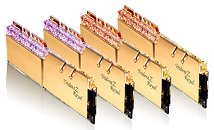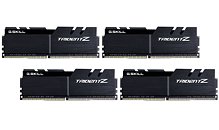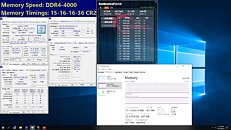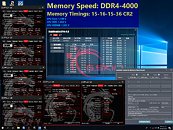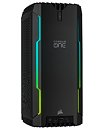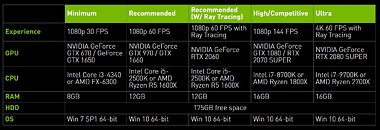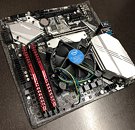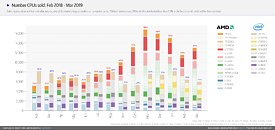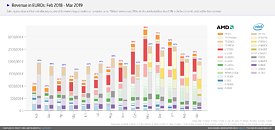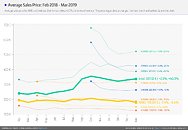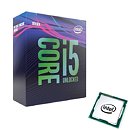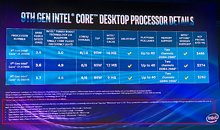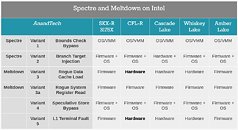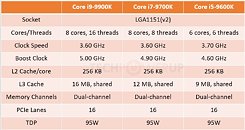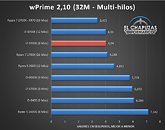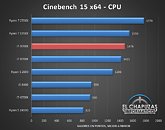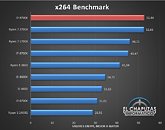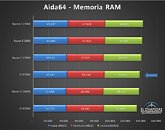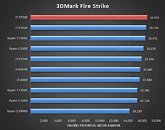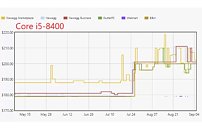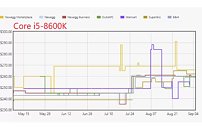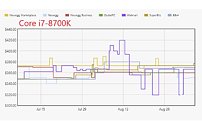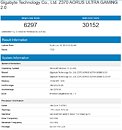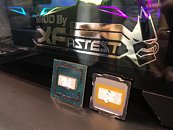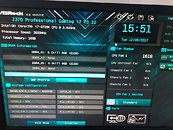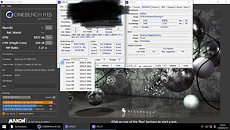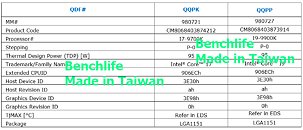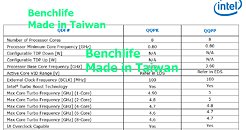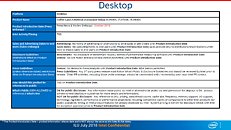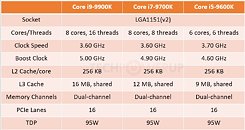
G.SKILL Announces Extreme Low Latency DDR4-4000 CL15 32GB Memory Kits
G.SKILL International Enterprise Co., Ltd., the world's leading manufacturer of extreme performance memory and gaming peripherals, is delighted to announce an extreme low-latency, high-speed DDR4 memory kit at DDR4-4000 CL15-16-16-36 in a 32 GB (8 GB x4) capacity configuration under the classic Trident Z and the RGB-enabled Trident Z Royal memory series. Once again, these extraordinary memory kits are manufactured using high-performance Samsung B-die ICs to achieve the world's lowest latency of CL15 at DDR4-4000.
At G.SKILL, we are always searching for the ultimate memory kit, tuned not only for speed, but also for efficiency. This means pushing for lower latency timings. Previously, the best CAS latency that memory kits at the DDR4-4000 level could achieve was at CL17. This is surpassed by the new DDR4-4000 CL15-16-16-36 32 GB (8 GB x4) memory kit running under 1.5 V, shown validated on the MSI MEG Z390 ACE motherboard and Intel Core i7-9700K processor in the screenshot below.
At G.SKILL, we are always searching for the ultimate memory kit, tuned not only for speed, but also for efficiency. This means pushing for lower latency timings. Previously, the best CAS latency that memory kits at the DDR4-4000 level could achieve was at CL17. This is surpassed by the new DDR4-4000 CL15-16-16-36 32 GB (8 GB x4) memory kit running under 1.5 V, shown validated on the MSI MEG Z390 ACE motherboard and Intel Core i7-9700K processor in the screenshot below.
